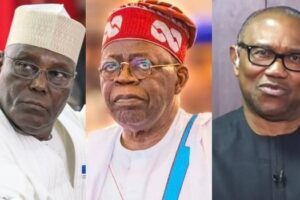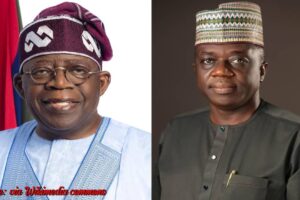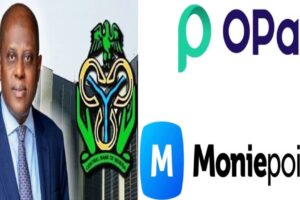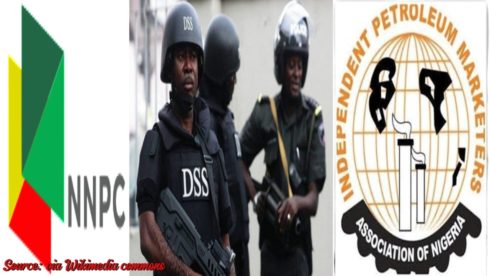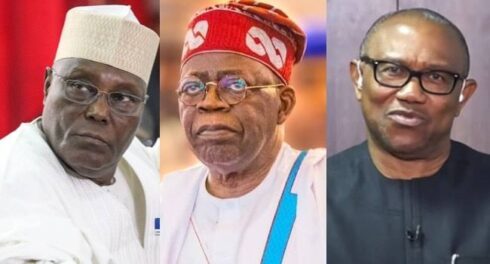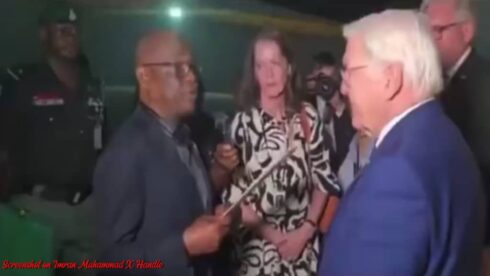The Department of State Services (DSS) has taken decisive steps to address the ongoing conflict between the Nigerian National Petroleum Company Limited (NNPCL) and independent oil marketers. The dispute, which revolves around pricing disagreements and product allocation, has caused significant disruptions within Nigeria’s petroleum sector. In an effort to avert further escalation, the DSS, under the leadership of Director General Adeola Ajayi, convened a peace meeting between the two parties to mediate the situation.
This meeting has been viewed as a crucial step toward restoring stability in the downstream oil market. The resolution has brought relief to both oil marketers and consumers, as tensions threatened to disrupt the steady supply of fuel across the nation.
DSS – NNPCL Grants Concessions to Oil Marketers
In a positive outcome from the peace negotiations, the NNPCL has agreed to grant concessions to oil marketers operating under the Independent Petroleum Marketers Association of Nigeria (IPMAN). The NNPCL authorized independent marketers to begin lifting petroleum products from its depots at a reduced price. This decision is part of a broader strategy to address marketers’ concerns over rising costs and ensure a steady distribution of petrol across Nigeria.
The NNPCL’s concession comes in the wake of multiple complaints from IPMAN regarding pricing disparities, which they claimed were unsustainable for their business operations. By allowing the marketers to lift products at lower costs, the NNPCL hopes to reduce market disruptions and foster cooperation with independent marketers moving forward.
Regulatory Authority Promises Import and Off-Taker Licenses
In a bid to further ease tensions and boost oil supply in the market, the Nigerian Midstream and Downstream Petroleum Regulatory Authority (NMDPRA) has pledged to issue import and off-taker licenses to oil marketers. This move will enable marketers to import petroleum products directly or source them from the Dangote Refinery. The decision aligns with the government’s commitment to fully deregulate Nigeria’s oil sector, ensuring that market players can operate with increased autonomy.
The granting of these licenses is expected to increase competition in the petroleum market, driving down prices and improving supply stability. By granting direct access to products from the Dangote Refinery, the government aims to create a more competitive landscape, benefiting both oil marketers and consumers alike.
DSS – Resolution of N15 Billion Debt Through Product Allocation
During the DSS-brokered meeting, one of the most significant resolutions reached was the NNPCL’s agreement to settle the N15 billion debt owed to independent marketers. The debt, which had accumulated due to non-compliance with previous agreements, had strained relations between IPMAN and the NNPCL. The national oil company has now committed to authorizing the loading of petroleum products to offset this outstanding amount.
The debt settlement is seen as a major breakthrough in the conflict. It not only resolves a longstanding issue for the marketers but also restores trust between IPMAN and the NNPCL, paving the way for smoother cooperation in the future.
DSS : Chinedu Ukadike, IPMAN’s Perspective on the Resolution
Chinedu Ukadike, the National Publicity Secretary of IPMAN, praised the DSS’s intervention in resolving the conflict. According to Ukadike, the mediation led by the DSS played a critical role in addressing key issues, particularly the non-compliance by the Dangote Refinery in selling petrol to IPMAN. He highlighted that the peace meeting was instrumental in brokering an agreement between the two sides, bringing much-needed relief to oil marketers.
Ukadike also acknowledged the efforts of IPMAN’s National President, Abubakar Maigandi, in facilitating the negotiations. He emphasized that the reduction in petrol prices granted by NNPCL would go a long way in alleviating the financial strain on independent marketers and ensuring continuous fuel supply across the country.
Future Prospects for the Deregulated Oil Sector
The recent resolution signals a significant step toward the full deregulation of Nigeria’s oil sector, a policy direction the government has been pursuing for some time. By enabling oil marketers to import fuel and purchase products directly from the Dangote Refinery, the sector is moving closer to a competitive and efficient market structure. This deregulation is expected to reduce the government’s role in pricing and allow market forces to dictate the flow of products.
While the outcome of the negotiations offers immediate relief, it also sets the stage for a more dynamic and competitive oil market in the future. As regulatory bodies continue to issue licenses and promote competition, oil marketers are hopeful that the sector will become more transparent, equitable, and profitable in the years to come.
Table of Contents
Discover more from OGM News NG
Subscribe to get the latest posts sent to your email.


